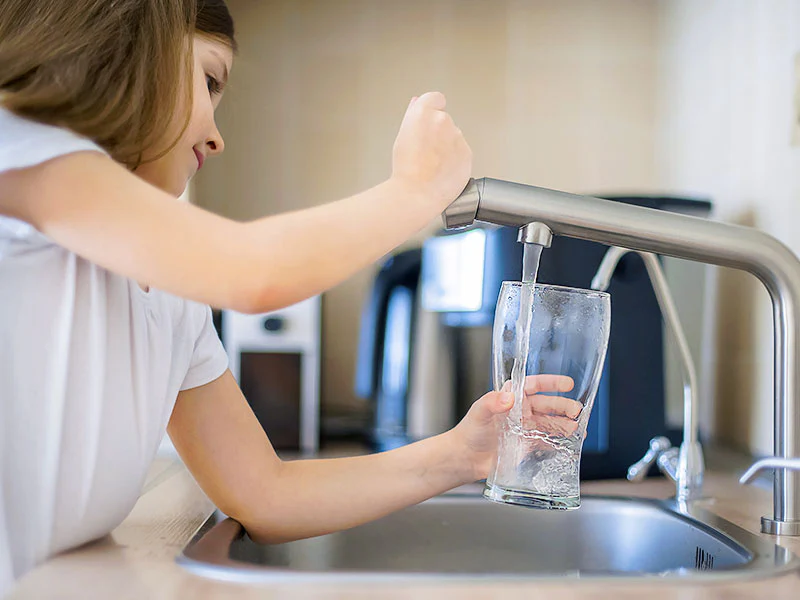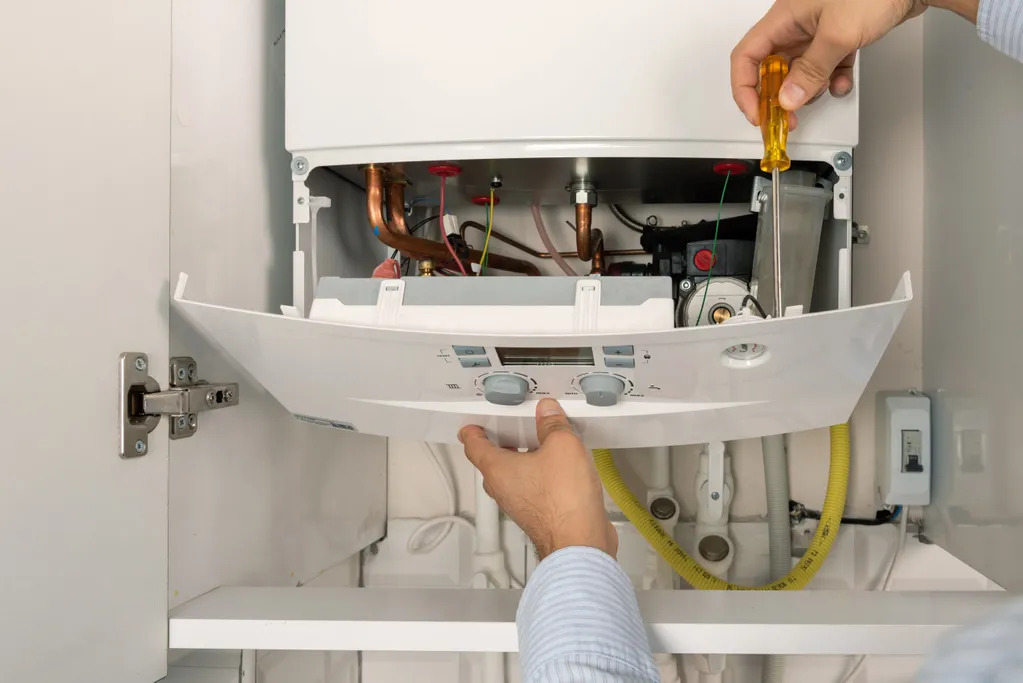Laundry can often feel like a never-ending chore, but the results can be significantly improved with a few thoughtful adjustments. One such change that has the potential to enhance your laundry experience is the quality of your water. Many people don’t realize that the type of water used during washing can have a major impact on the cleanliness, softness, and overall appearance of clothes. Soft water, in particular, is known to produce superior laundry results. This article will explore the connection between soft water and better laundry outcomes, examining how soft water benefits your clothing, your washing machine, and even your household budget.
What is Soft Water?
Before understanding how soft water impacts laundry, it’s important to know what it is. Soft water is water that has been treated to remove minerals such as calcium and magnesium. These minerals, which are found in hard water, can cause a number of issues in household applications, including laundry. Soft water typically contains lower levels of dissolved minerals and may be treated with sodium or potassium to replace the hard water minerals.
Soft Water’s Impact on Detergent Efficiency
One of the primary benefits of using soft water for laundry is its effect on detergent efficiency. Hard water minerals, especially calcium and magnesium, can interact with detergent molecules, reducing their effectiveness. These minerals bind with the detergent, preventing it from lathering properly and cleaning clothes as thoroughly as it should.
In contrast, soft water allows the detergent to work at its full potential. Without the interference of calcium and magnesium, detergent can dissolve completely, creating a richer lather and distributing more evenly throughout your laundry load. This leads to cleaner clothes, as the detergent is able to penetrate fabric more effectively, removing dirt, oils, and stains.
Softer Clothes and Fabrics
Another major advantage of soft water in laundry is the effect it has on the texture of your clothing. Hard water can make fabrics feel stiff and rough, as the minerals in the water can build up on fibers over time. This mineral buildup can make fabrics feel less comfortable and cause them to wear out faster.
With soft water, the absence of these minerals allows fabrics to remain soft and gentle. Clothes washed in soft water feel noticeably softer to the touch, retaining their original texture. Moreover, the reduction of mineral deposits can extend the lifespan of clothing, as the fibers are less likely to break down or become discolored over time.
Reduced Soap Scum and Stains
Another issue that often arises with hard water is the accumulation of soap scum and mineral stains. These unsightly residues can build up on clothing, especially towels, sheets, and other fabrics that are washed frequently. Soap scum forms when the minerals in hard water combine with soap, resulting in a sticky, greasy residue that clings to fabrics and leaves a dull, dingy appearance.
Soft water, on the other hand, eliminates this problem. Because soft water doesn’t contain the same high levels of calcium and magnesium, soap lathers more effectively and rinses away cleanly, leaving no residue behind. This results in clothes that look brighter, feel cleaner, and remain stain-free for longer.
Improved Washing Machine Efficiency
In addition to benefiting your clothes, soft water also enhances the performance and longevity of your washing machine. Hard water can cause limescale buildup inside your washing machine’s drum and plumbing, leading to decreased efficiency and potential damage over time. Limescale buildup can also affect the heating element, which reduces the efficiency of water heating, thus increasing energy costs.
With soft water, the likelihood of limescale buildup is greatly reduced. The absence of hard minerals prevents deposits from forming in the washing machine, allowing it to run more efficiently and last longer. This not only helps maintain the quality of your laundry results but also reduces the need for costly repairs and maintenance.
Less Detergent Usage and Cost Savings
Because soft water increases the effectiveness of detergent, you can use less detergent per load without compromising cleaning power. Hard water often requires more detergent to achieve the same results, which can lead to higher costs over time. By switching to soft water, you may find that you can cut your detergent usage by up to half, which translates to significant savings over the long term.
In addition to saving on detergent, soft water also reduces the need for fabric softeners, as it naturally leaves clothes feeling softer. This further reduces the number of laundry products you need to buy, contributing to cost savings.
Environmentally Friendly Laundry Practices
Using soft water for laundry is not only beneficial for your clothes and your budget but also for the environment. Since soft water reduces the need for excessive detergent and fabric softeners, it leads to less chemical runoff into the environment. Detergents and fabric softeners, particularly those containing phosphates and other chemicals, can contribute to water pollution when they wash out into the drainage system.
By using less detergent and reducing the need for these chemical-laden products, soft water helps minimize your environmental impact. Additionally, the reduced need for maintenance on your washing machine means fewer resources and chemicals are used in repairs or replacements.
Soft Water and Stubborn Stains
For those who deal with particularly stubborn stains, soft water can be a game-changer. Hard water can make it more difficult to remove certain types of stains, particularly those caused by oils, grease, and soap scum. These stains are often trapped in fabric due to the interaction between hard water minerals and detergents. With soft water, stains tend to dissolve more effectively, and dirt is lifted from fibers with less effort.
Soft water also helps preserve the vibrancy of colored fabrics. Since it doesn’t leave behind mineral deposits, clothes washed in soft water tend to retain their color longer, avoiding the dulling effect that hard water can have on bright fabrics.
Conclusion
The connection between soft water and better laundry results is clear. Soft water enhances detergent efficiency, leaving clothes cleaner and softer. It prevents soap scum and mineral buildup, which helps keep fabrics bright and free from stains. Soft water also improves the efficiency and longevity of washing machines, reduces detergent usage, and saves money in the long run. With these advantages, switching to soft water can transform your laundry experience, making your clothes look and feel their best while benefiting your home and the environment. By investing in a water softener, you can enjoy better laundry results with less effort, fewer products, and long-term savings.















